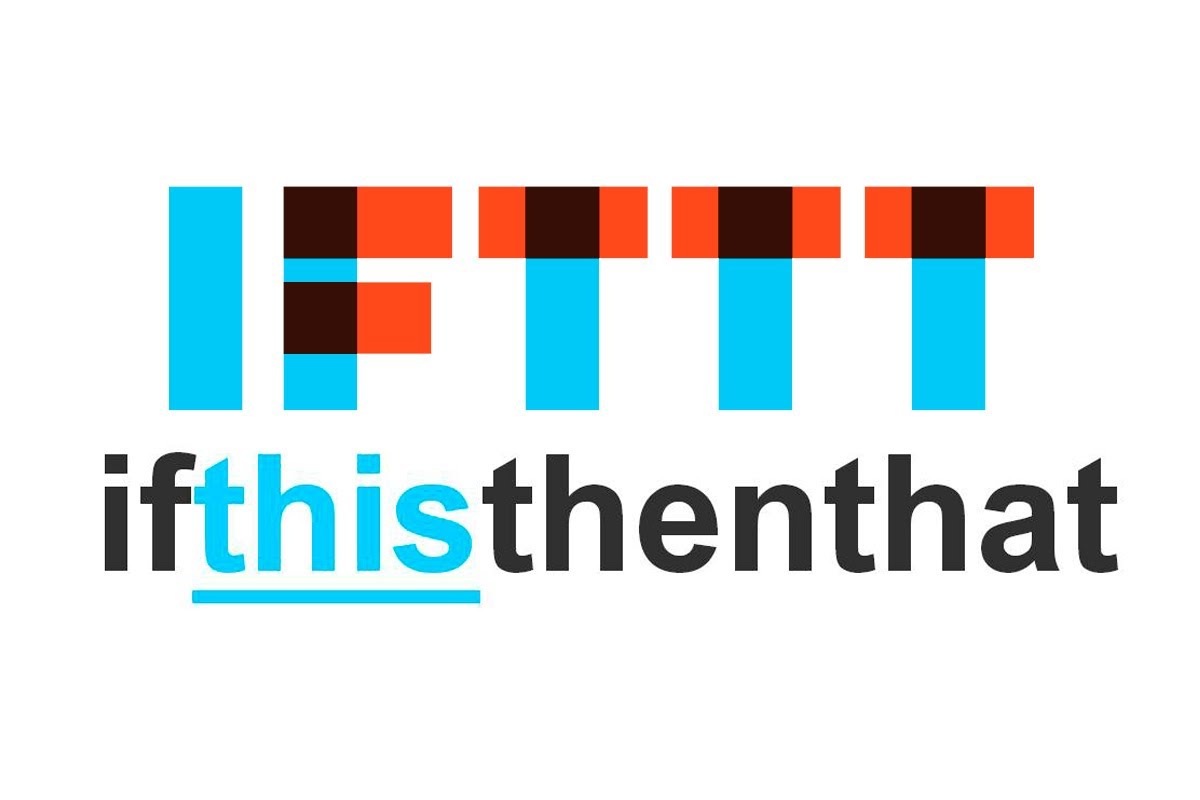Why IFTTT is ahead of the game
August 09, 2018
First a bit of history
When I started out, unix pipes were (and still are) superpowerful to automate things:
$ echo "mail -s "$USER: please do a server-update" john@mycompany.com" | at 1145 jan 31
It looks quite humanreadable..kindof :)
Then Yahoo pipes happened
Interactive websites were mostly limited to data-entry & form-processing. Yahoo made great efforts to create an eventful web:

For that time it was very impressive, but somehow this doesn’t look simple :)
SOAP & REST became a thing

The downside however is: it needs code, therefore a developer specialist, database, server infrastructure etc. Automation still doesn’t look simple.
Jeff Lindsay, a friend at Gliderlabs (who coined the term ‘webhooks’) did a great job promoting the idea of ‘the evented web’. Back then, it gave me these revelations:
- ‘polling-data-syndrome’ is a thing
- “Developers like to develop (too much)”
- This pushes a ‘web as a newspaperstand’-illusion to people
IFTTT
IFTTT was already around back then, and demonstrated an ‘evented’ philosophy:

Now lets look at the unix oneliner again:
$ echo "mail -s "$USER: please do a server-update" john@mycompany.com" | at 1145 jan 31
Do you notice the simplicity in both approaches?
- it’s very highlevel: it abstracts code and complexity away
- emphasis on on human language & perception
- we don’t need specialists anymore :)
Now let’s look at the competition
Over the years, lots of competitors have arised (Microsoft Flow, Zapier), ESB’s (mulesoft,JBoss), and opensource solutions like node-red, datafire etc. I’ve even designed and implemented some solutions for customers myself :)
The blind spot of the competitors?
“Abstracting away logic by introducing highlevel scripting to the user, is a solution which creates a new problem”

Mo code, mo problems. Mo yahoo-pipe-ish solutions, mo deutchs limit
Offering automations with a ‘conditional/chainable character unlike IFTTT’ creates new challenges. It’s no longer an adapter-platform (IFTTT), but a programming-silo which introduces all kinds of new risks.
IFTTT seems to be the only one which promotes the eventful web, and a “Don’t build silo’s”-attitude. This might explain why IFTTT is attractive by nondevelopers and developers.
The secret of IFTTT?
I have no idea, but here’s my gut-feeling :)
In order to pull something off like IFTTT, I think 3 things are important:
- understand the human needs
- understand the technical challenges
- create a universal solution for developers and nondevelopers
Imho IFTTT got it right from the beginning, by selling simplicity instead of complexity. It makes something incredibly complex very simple.
Why I think IFTTT is ahead of the game
Where others offer more complex solutions, IFTTT somewhat follows the rule of least power.
IFTTT seems to be layered in a smart, interconnected way:
| layer | what | used by | for | how |
|---|---|---|---|---|
| 1 | userinterface | nondevelopers | nondevelopers | sharing applets |
| 2 | applet service | developers | nondevelopers | (see here) |
| 3 | backoffice integration | developers | products | embed / list / show / enable / disable applets (see here) |
NOTE: I’ve only noticed layer 3 by accidentally googling it. Ideally, the distinction between layer 2-3 could be more obvious in the IFTTT Platform docs,
I was also impressed by this REST endpoint validator:

This turns a very hairy human process (usually emailing back’n’forth with support) into a bunch of green lights.
In case you’re curious about IFTTT Platform’s onboarding process for applet services: I’ve made this node-ifttt-express repository to setup your own IFTTT Platform applet.
Conclusion
The trigger-action-paradigm offers a more flexible & eventful future for SaaS. IFTTT demonstrates that limiting webintegrations to an adapter-platform (unlike zapier) doesn’t really gets in the way of developers. I hope it will become a standard, and will wake up other companies as well.

 © 2022. All rights reserved by Leon van Kammen under this
© 2022. All rights reserved by Leon van Kammen under this